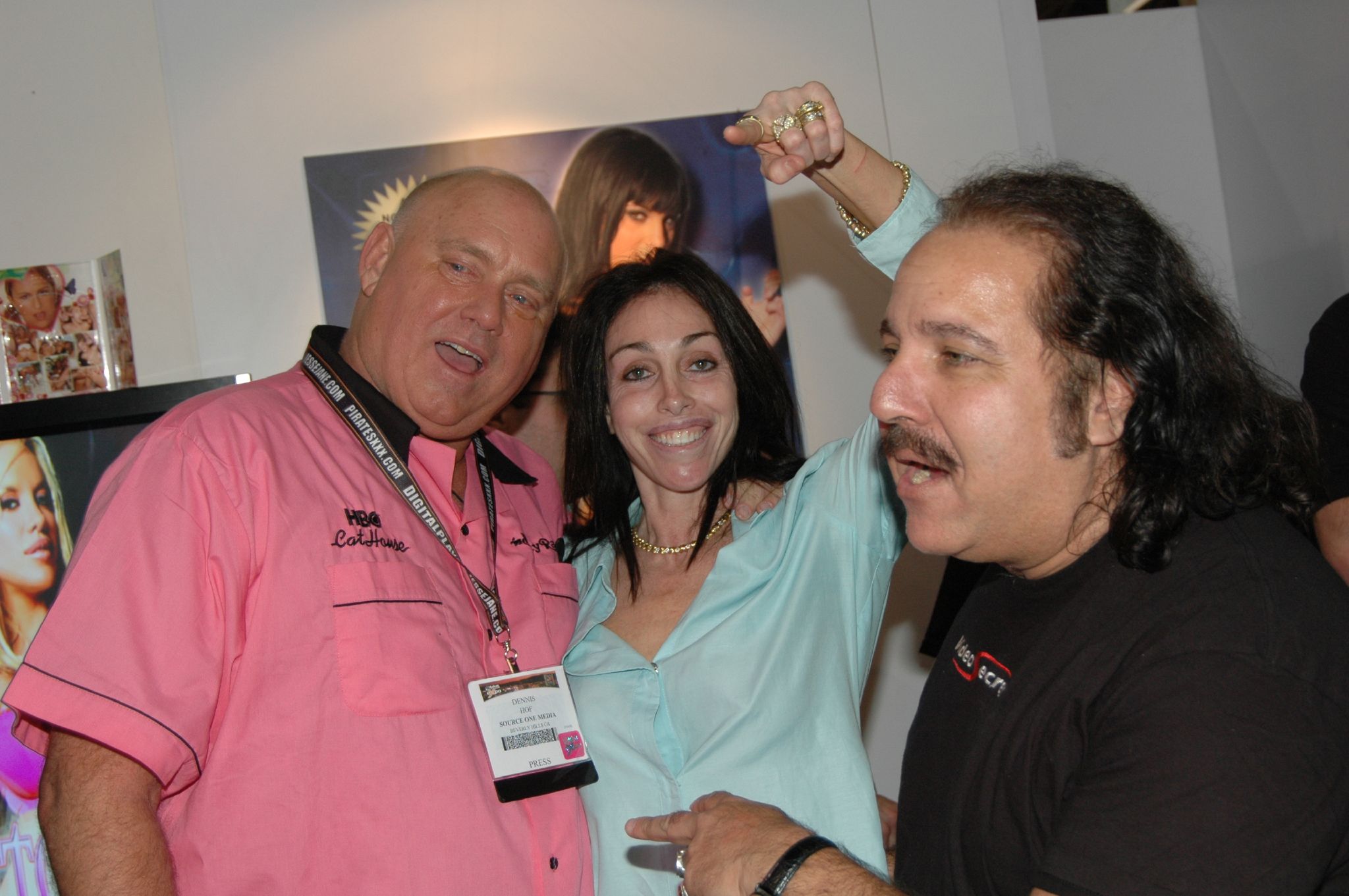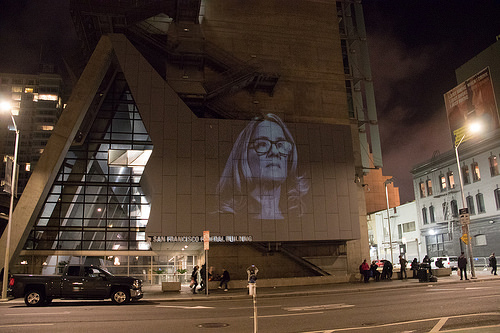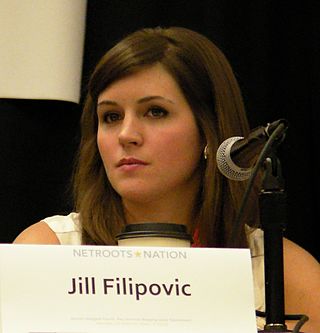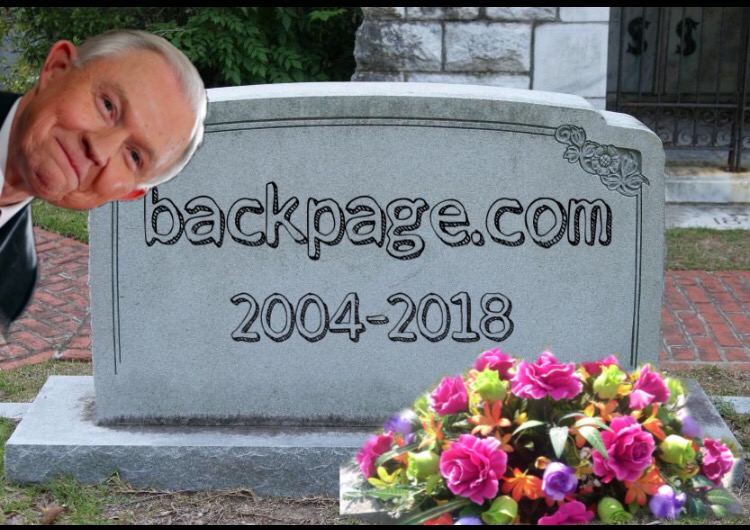We are witnessing the blossoming of a white nationalist nation. Being the person that I am is not easy in the United States right now. It’s not easy for my friends, my family, or millions of Black people, Jews, and LGBTQI people. I’m an Iranian, Tunisian, French and Jewish sex worker. I immigrated from France… Continue reading Sex Working While Jewish In America
Category: News
Dennis Hof (1946-2018)
Dennis Hof passed away last week at his Love Ranch brothel after a night of celebrating his 72nd birthday and political campaign. The days following have been filled with an outpouring of discourse about his death, much of which is contentious as people reflect on the so-called legacy Hof left behind. Between his business empire… Continue reading Dennis Hof (1946-2018)
Kavanaugh’s Confirmation Will Kill Disabled Sex Workers Like Me
A few years back, I woke up, looked at my arm, and thought I was in a nightmare. My arms were covered in rashes of tattoo-dark blood blisters so thick my skin looked burgundy-purple from a distance, and bruises, the flesh so swollen it looked like I had been in a car wreck. I had… Continue reading Kavanaugh’s Confirmation Will Kill Disabled Sex Workers Like Me
Donna Dalton, Jill Filipovic, And The Eternal Lightness of Anti-Sex Worker Feminist Being
On August 24, a police officer on duty with the Columbus, Ohio police department named Andrew Mitchell shot and killed sex worker Donna Dalton, leaving her two children motherless. Like others who habitually inflict state sanctioned violence onto the bodies of marginalized people, Mitchell says he “feared” for his life, despite friends describing Dalton as… Continue reading Donna Dalton, Jill Filipovic, And The Eternal Lightness of Anti-Sex Worker Feminist Being
On Backpage
At this point in the SESTApocalypse, as I finally emerge from the paralyzing fog of wtf-wtf-wtf around the death of our business model, we’re all sick of thinking and talking about it. We’re sick of wondering how the hell we’re going to manage, sick of watching high-end workers become paranoiac internet security experts, sick of… Continue reading On Backpage




